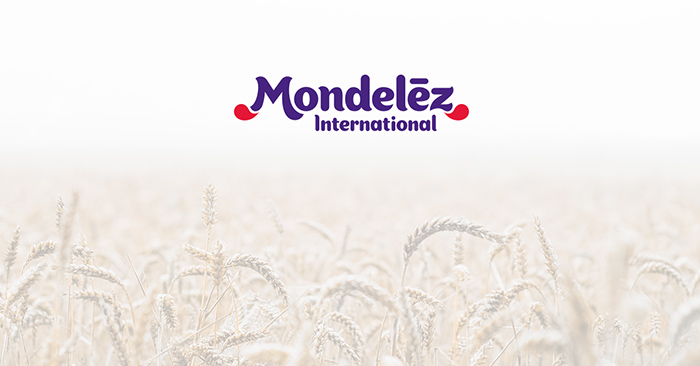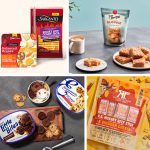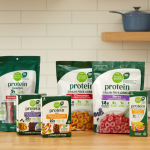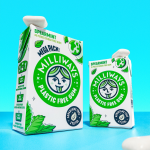Mondelez: Demand For Snacks, Sweets Drive Revenue Growth

Global snack giant Mondelēz International reported an 8.1% increase in net revenues during Q3, largely driven by organic revenue growth and the impact of recent acquisitions including Clif Bar and Greek snack brand portfolio Chipita. The company said its 12.1% organic revenue growth was accelerated by the impact of price increases coupled with continued volume growth.
“We have very strong top line performance, which I think is a testimony to the resilience of our categories, which is important to take into account,” said Dirk Van de Put, Chairman and CEO, during a Q&A call with investors. “We see signs that consumers really want to continue to consume chocolate and biscuits. I think our pricing execution is now really coming through and then on top of all that we have volume growth, which is quite unique in today’s world.”
Due to the positive results, Mondelēz raised its full-year revenue guidance from 8% to 10% organic net revenue growth. Van de Put noted the updated outlook was made within the context of the current operating challenges including inflation, the energy crisis in Europe and supply chain volatility. While the company expects those challenges to persist, Van de Put said they have not caused a significant shift in its consumer’s purchasing behavior.
Recent consumer research from the company found that consumers in developed markets, like the U.S., are prioritizing grocery spend over other expenses and have not dialed back on purchases in snacks and indulgent categories. Although the company has implemented price increases across its portfolio, it said consumers still view Mondelēz products as affordable indulgences.
“Because of this enduring brand loyalty, private label share is either flat or down in the vast majority of our market,” said Van de Put on a call with investors. “Shoppers continue to say they are much less likely to switch to private label in chocolate and biscuits compared to other categories.”
To continue supporting that growth, Mondelēz announced on the call that it has completed the acquisition of chocolate-covered Mexican candy business Ricolino, previously owned by Mexican baked goods corporation and current owner of Emmy’s Organics, Grupo Bimbo. The deal will double the size of Mondelēz’s business and more than triple its routes to market “in the high priority Mexican markets,” Van de Put claims.
“These are just the latest steps in our ongoing commitment to accelerate focus on our core categories: filling geographical whitespaces, expanding our presence in high growth channels and growing our presence in key segments in practice,” said Van de Put on the call. “Since the launch of our new growth plan in 2018. We have consistently over delivered on net revenue growth through a virtuous cycle of increasing investment, strong local execution and targeted incentives.”
Mondelēz views its chocolate and biscuits categories as key growth drivers which was emphasized during an update on its social and environmental initiative, Cocoa Life. Van de Put highlighted that the Cocoa Life program has led to nearly 15% net income increases for Ghanian farmers and a 33% uptick for farmers in Cote d’Ivoire over the past decade.
However, he said the cocoa supply chain still faces large systemic challenges and called for additional private and public collaborations stating, “collaborative efforts and collective actions drive greater impact.” He also announced an additional $600 million investment into the program, bringing its total funding to $1 billion, and a goal to source all of its cocoa from Cocoa Life farmers by 2030.
As the company continues to prioritize chocolate, it has divested two chocolate-free candy brands over the past year including its global Halls businesses, several local gum and candy businesses in Argentina, as well as Australian packaged seafood business MaxFoods Pty.















![[Updated] Oats Overnights Secures $45M Investment From Astō](https://d2azl42aua8mom.cloudfront.net/wp-content/uploads/2026/01/29172259/2026-01-29-oats-overnights-secures-45m-in-growth-equity-from-square-150x150.jpg)

